Edward Snowden
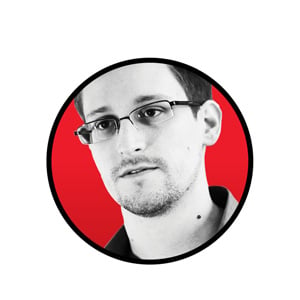
Edward Snowden
|
Keith Alexander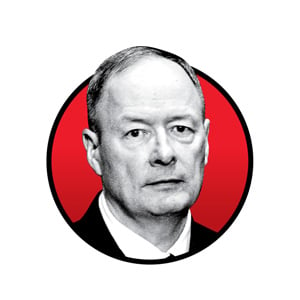
|
Glenn Greenwald and Laura Poitras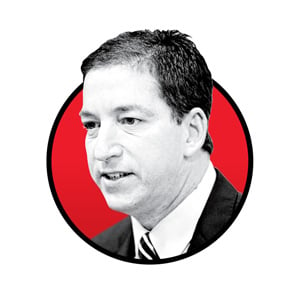
|
Glenn Greenwald and Laura Poitras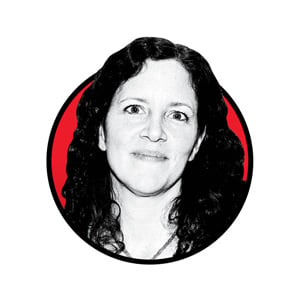
|
Dilma Rousseff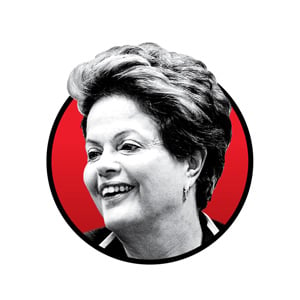
|
Machines of Loving Grace: I’d rather risk becoming a terrorist’s victim than live under a surveillance state |
||
Ron Wyden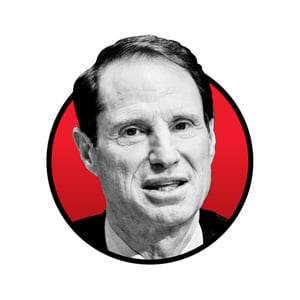
|
Jesselyn Radack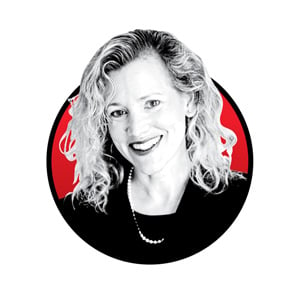
|
Moxie Marlinspike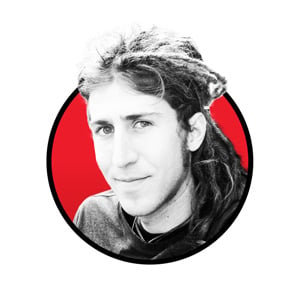
|
Kevin Mandia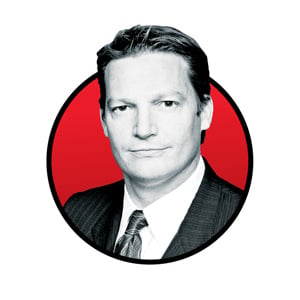
|
Dmitri Alperovitch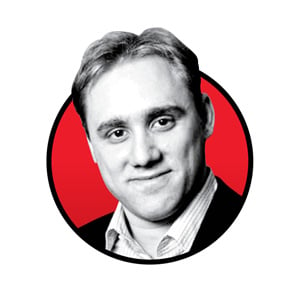
|
John Kerry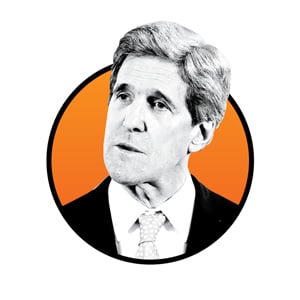
|
Vladimir Putin and Sergei Lavrov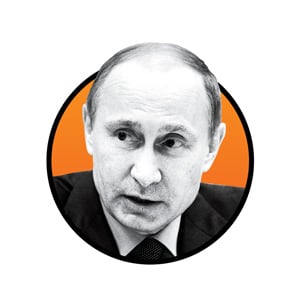
|
Vladimir Putin and Sergei Lavrov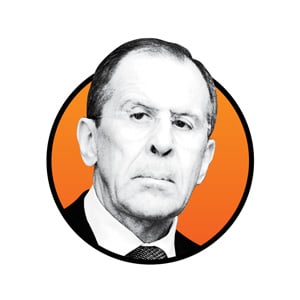
|
Li Keqiang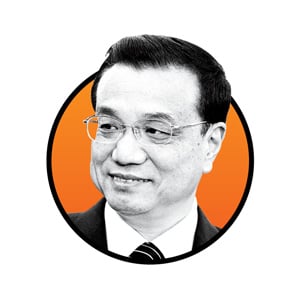
|
The Kerry Doctrine: The Secretary of State’s go-big-or-go-home foreign policy |
Wang Qishan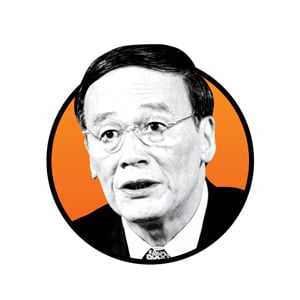
|
Shinzo Abe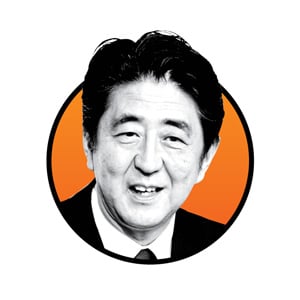
|
Enrique Peña Nieto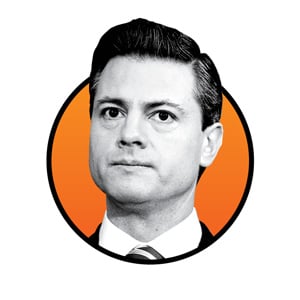
|
Hassan Rouhani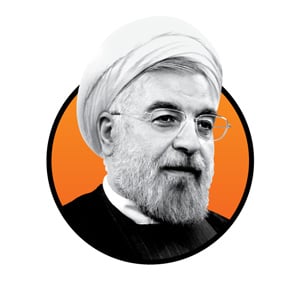
|
||
Angela Merkel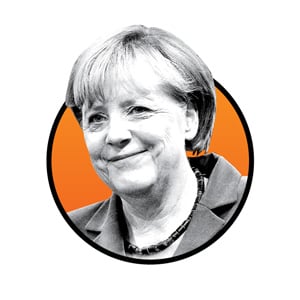
|
Mario Draghi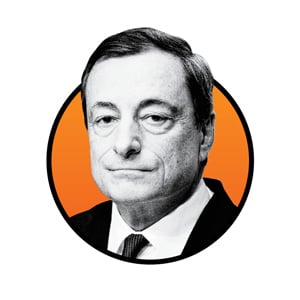
|
Christine Lagarde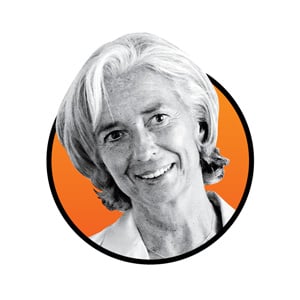
|
No Quiet on the Western Front: The Eurozone lived to fight another day. But a new battle is brewing. |
Ben Bernanke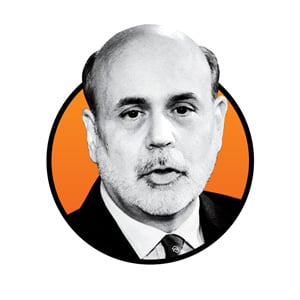
|
Cécile Kyenge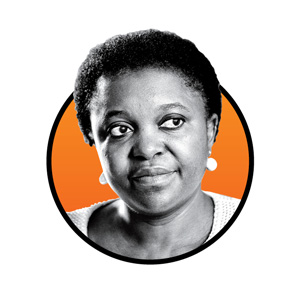
|
||
José Mujica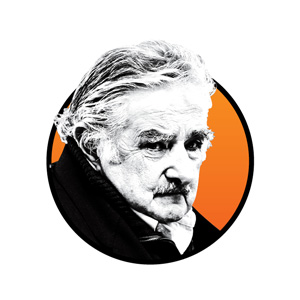
|
Juan Manuel Santos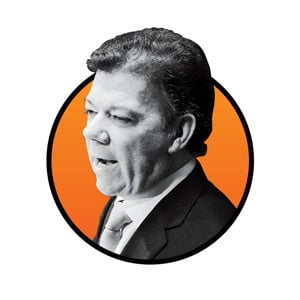
|
Aminata Touré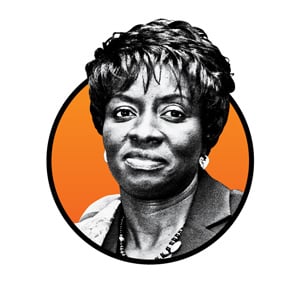
|
François Hollande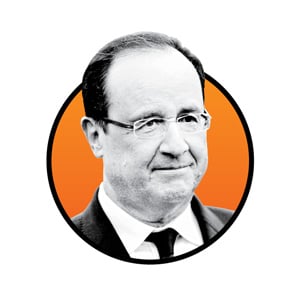
|
Pope Francis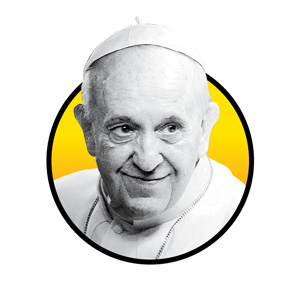
|
Alexey Navalny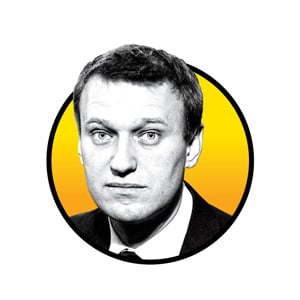
|
Rand Paul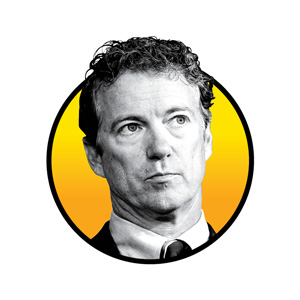
|
Yair Lapid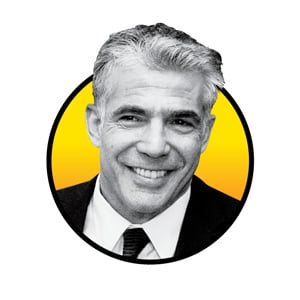
|
Resurrection: Pope Francis brings the freshness of the gospel to the Catholic Church |
Arvind Kejriwal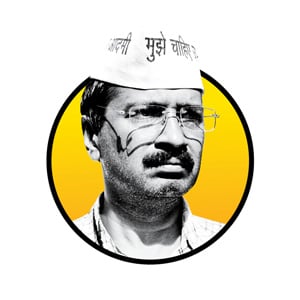
|
Nigel Farage and Alexis Tsipras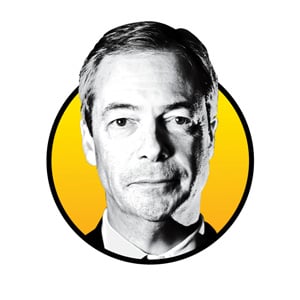
|
Nigel Farage and Alexis Tsipras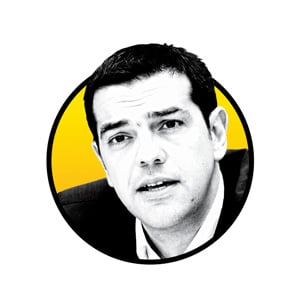
|
Thomas Herndon, Michael Ash, and Robert Pollin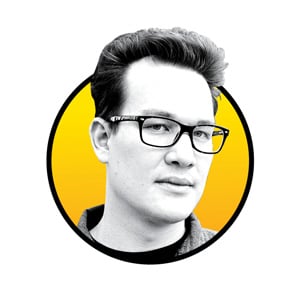
|
Thomas Herndon, Michael Ash, and Robert Pollin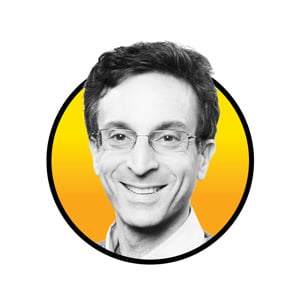
|
||
Thomas Herndon, Michael Ash, and Robert Pollin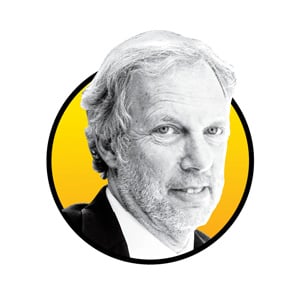
|
Tamara Morshakova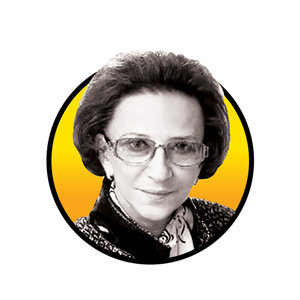
|
Joko Widodo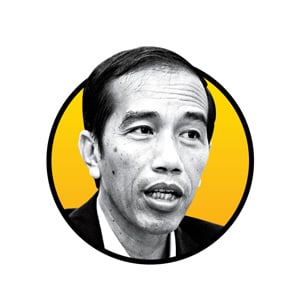
|
David Graeber and James C. Scott
|
David Graeber and James C. Scott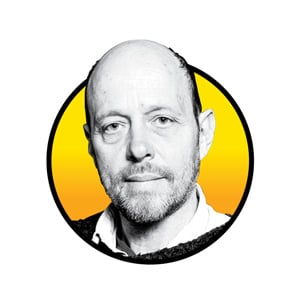
|
Intergovernmental Panel on Climate Change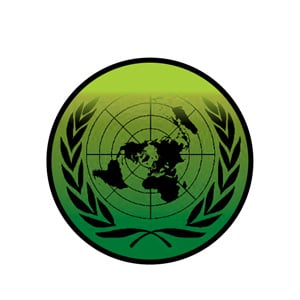
|
David Lobell
|
Thomas Peterson, Martin Hoerling, Peter Stott, and Stephanie Herring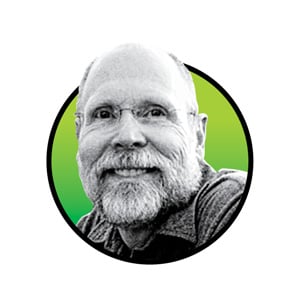
|
Thomas Peterson, Martin Hoerling, Peter Stott, and Stephanie Herring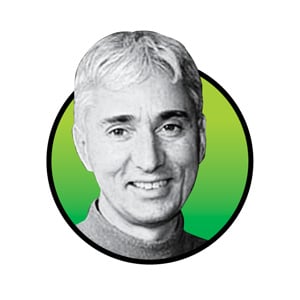
|
Thomas Peterson, Martin Hoerling, Peter Stott, and Stephanie Herring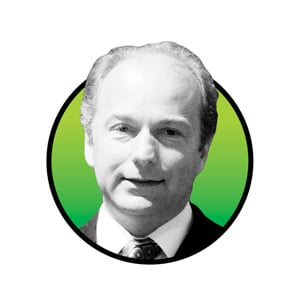
|
Thomas Peterson, Martin Hoerling, Peter Stott, and Stephanie Herring
|
Todd Stern and Xie Zhenhua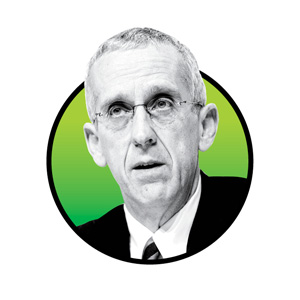
|
Todd Stern and Xie Zhenhua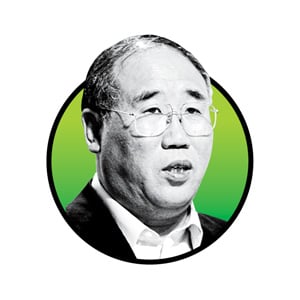
|
Azzam Alwash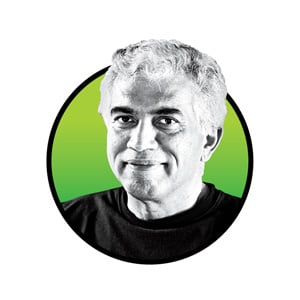
|
Jessica Gordon, Sylvia McAdam, Sheelah McLean, and Nina Wilson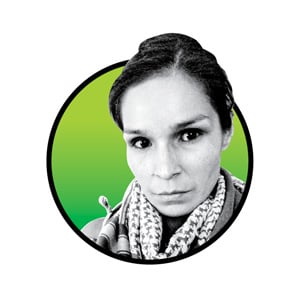
|
Jessica Gordon, Sylvia McAdam, Sheelah McLean, and Nina Wilson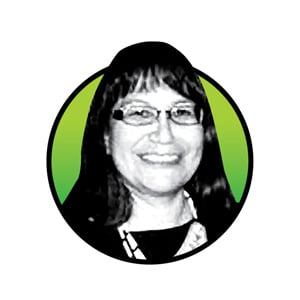
|
Jessica Gordon, Sylvia McAdam, Sheelah McLean, and Nina Wilson
|
Jessica Gordon, Sylvia McAdam, Sheelah McLean, and Nina Wilson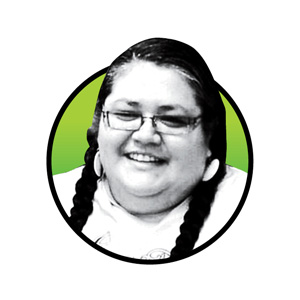
|
Ellen MacArthur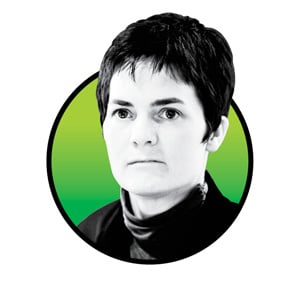
|
Elon Musk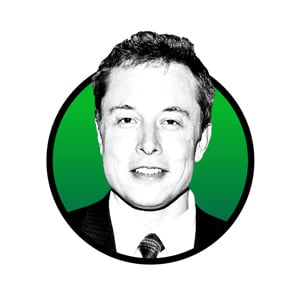
|
The Rocketeer: Forget Tesla. Forget the Hyperloop. Elon Musk is all about Space. |
Geordie Rose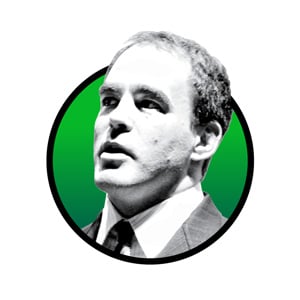
|
||
Thad Starner
|
The Global Conversation: What it looks like when a supercomputer maps the world’s newsmakers. |
Kalev Leetaru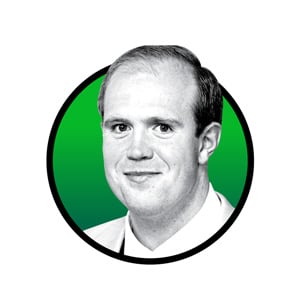
|
Bre Pettis
|
Chris Anderson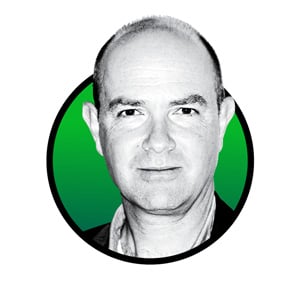
|
Theodore Berger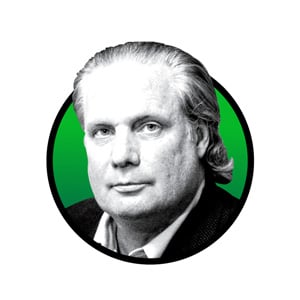
|
||
Xiaolin Zheng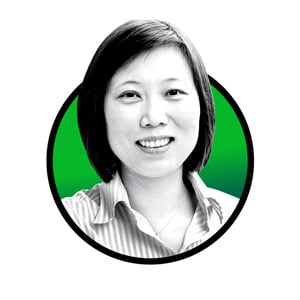
|
Jim Reeves and Martin Riddiford
|
Jim Reeves and Martin Riddiford
|
Alexey Davydov and Igor Kochetkov
|
Alexey Davydov and Igor Kochetkov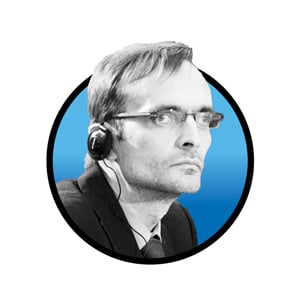
|
Xu Zhiyong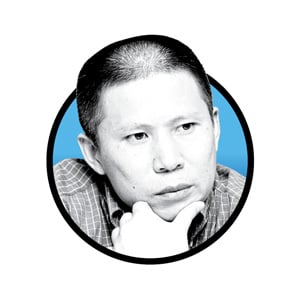
|
Pu Zhiqiang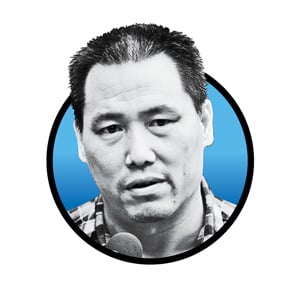
|
Farea Al-Muslimi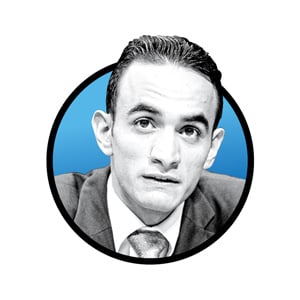
|
Malala Yousafzai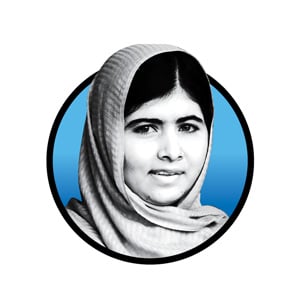
|
Gulalai and Saba Ismail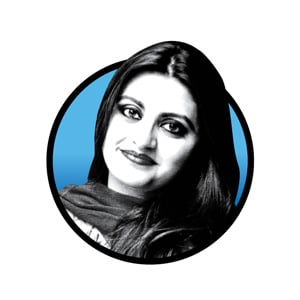
|
Gulalai and Saba Ismail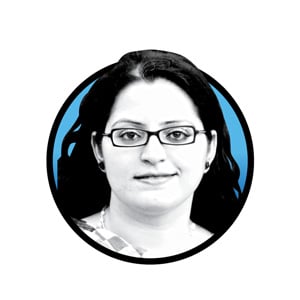
|
Hossam Bahgat and Heba Morayef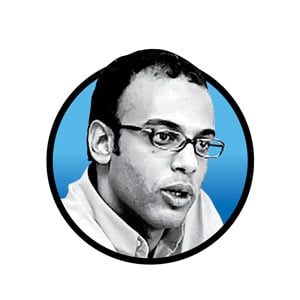
|
Hossam Bahgat and Heba Morayef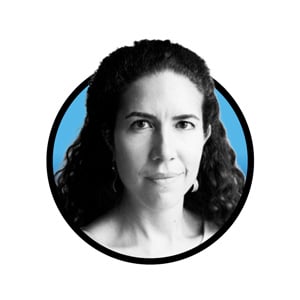
|
Navi Pillay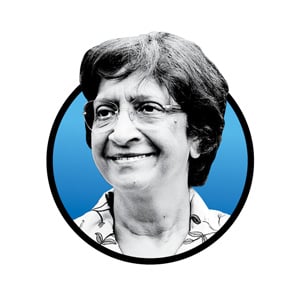
|
Urvashi Butalia and Kavita Krishnan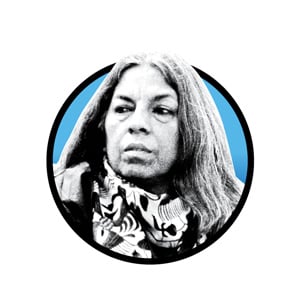
|
Urvashi Butalia and Kavita Krishnan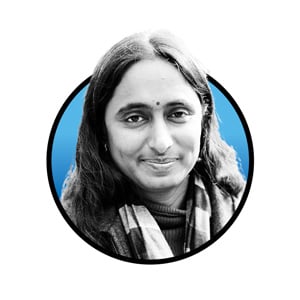
|
Fatou Bensouda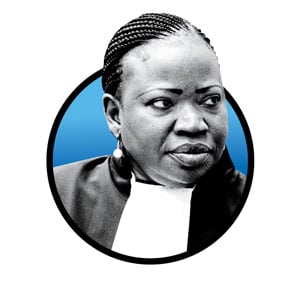
|
Julieta Castellanos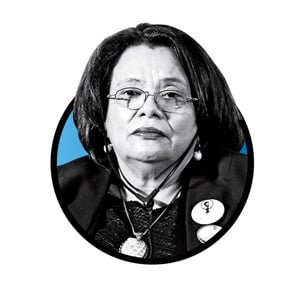
|
Thant Myint-U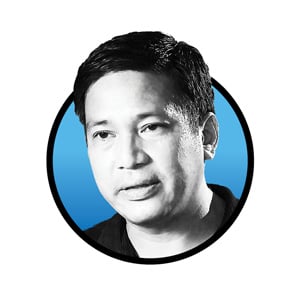
|
Mary Jennings Hegar, Zoe Bedell, Colleen Farrell, and Jennifer Hunt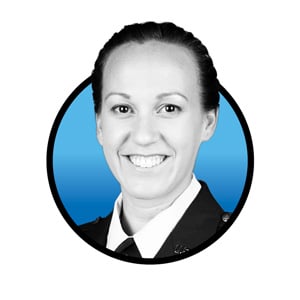
|
Mary Jennings Hegar, Zoe Bedell, Colleen Farrell, and Jennifer Hunt
|
Mary Jennings Hegar, Zoe Bedell, Colleen Farrell, and Jennifer Hunt
|
Mary Jennings Hegar, Zoe Bedell, Colleen Farrell, and Jennifer Hunt
|
Damian Evans, Bill Benenson, and Steve Elkins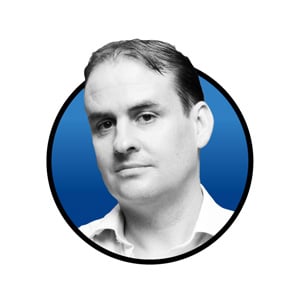
|
Damian Evans, Bill Benenson, and Steve Elkins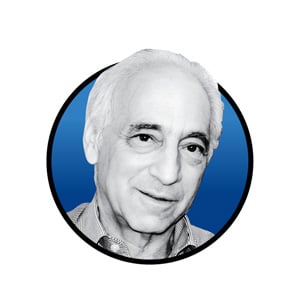
|
Damian Evans, Bill Benenson, and Steve Elkins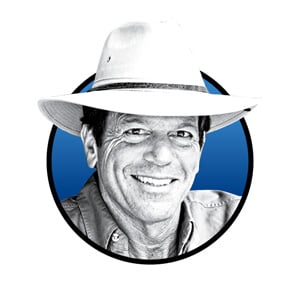
|
The Design and Fall of Civilizations: The technology uncovering humanity’s past-and perhaps its future. |
François Englert, Peter Higgs, and Fabiola Gianotti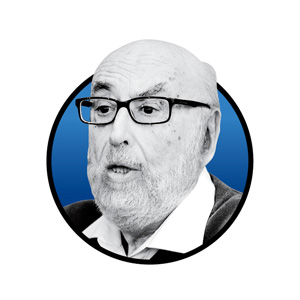
|
François Englert, Peter Higgs, and Fabiola Gianotti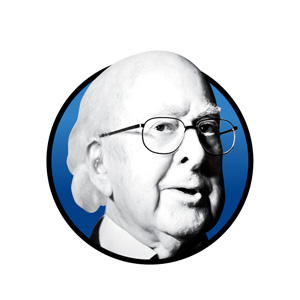
|
François Englert, Peter Higgs, and Fabiola Gianotti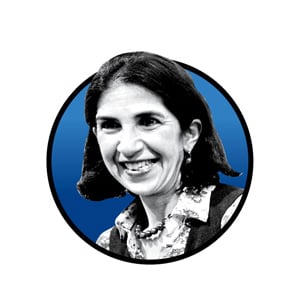
|
||
The Mars Rover Team
|
Chris Hadfield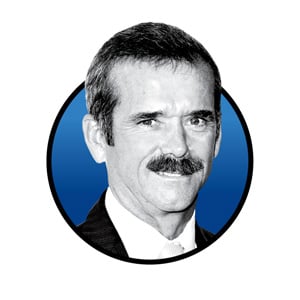
|
Joshua Oppenheimer
|
Paul Salopek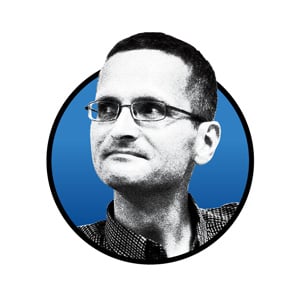
|
Bassem Youssef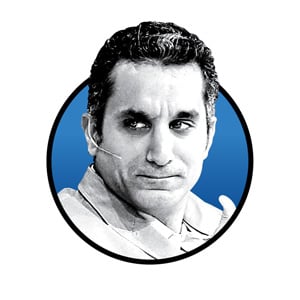
|
Richard Mosse
|
Zanele Muholi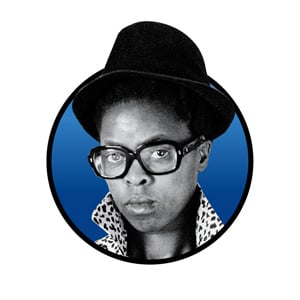
|
George Packer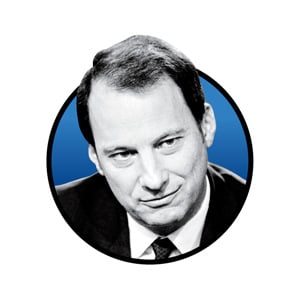
|
Thomas Friedman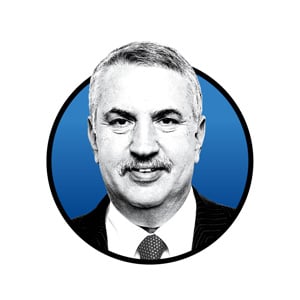
|
Hannah Gay, Katherine Luzuriaga, and Deborah Persaud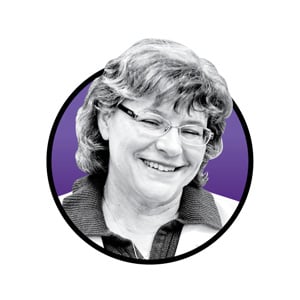
|
Hannah Gay, Katherine Luzuriaga, and Deborah Persaud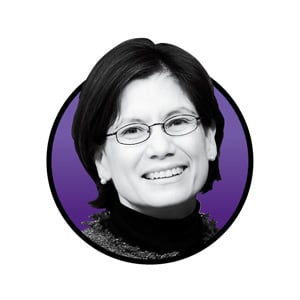
|
Hannah Gay, Katherine Luzuriaga, and Deborah Persaud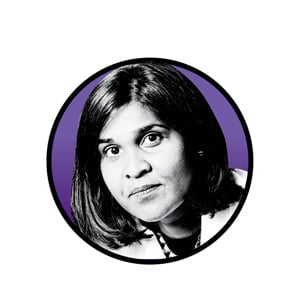
|
Michael Faye, Paul Niehaus, Jeremy Shapiro, and Rohit Wanchoo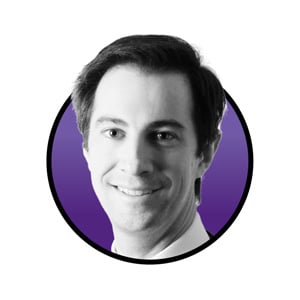
|
Michael Faye, Paul Niehaus, Jeremy Shapiro, and Rohit Wanchoo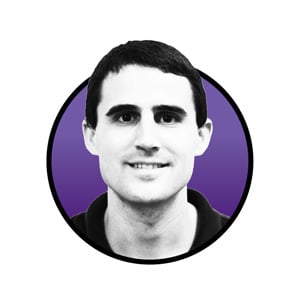
|
Michael Faye, Paul Niehaus, Jeremy Shapiro, and Rohit Wanchoo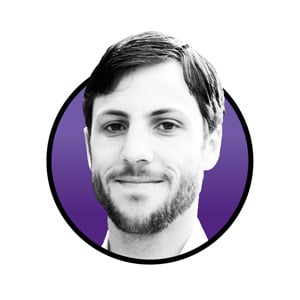
|
Michael Faye, Paul Niehaus, Jeremy Shapiro, and Rohit Wanchoo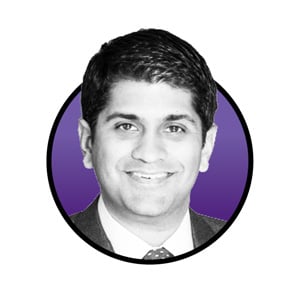
|
Caroline Buckee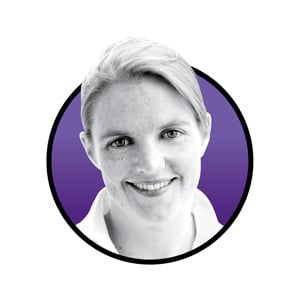
|
Anand Grover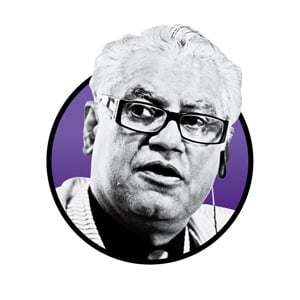
|
Homi Kharas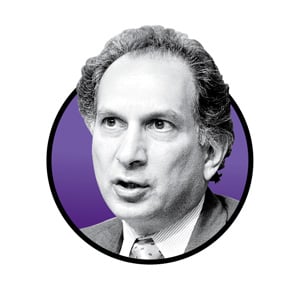
|
Sanjay Basu and David Stuckler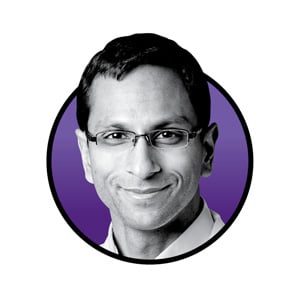
|
Sanjay Basu and David Stuckler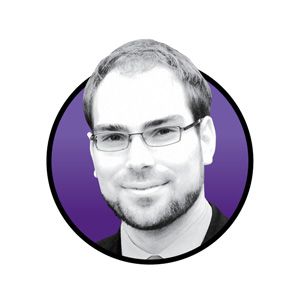
|
Sendhil Mullainathan and Eldar Shafir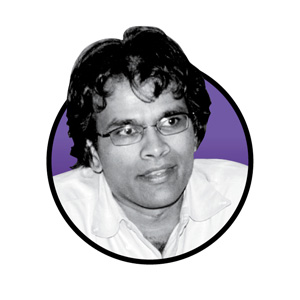
|
Sendhil Mullainathan and Eldar Shafir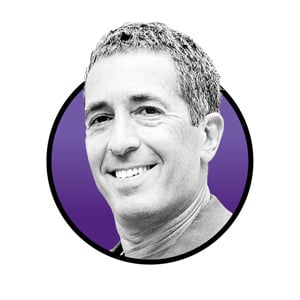
|
Erica Chenoweth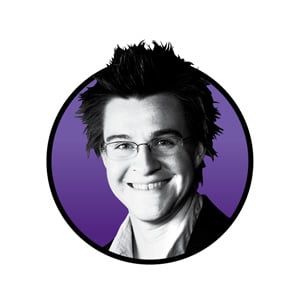
|
Mark Dybul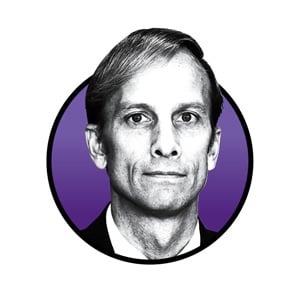
|
Haifaa Al Mansour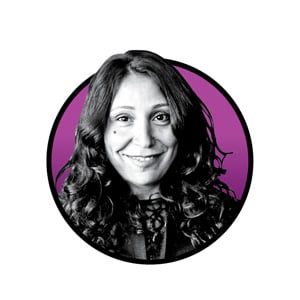
|
Chimamanda Ngozi Adichie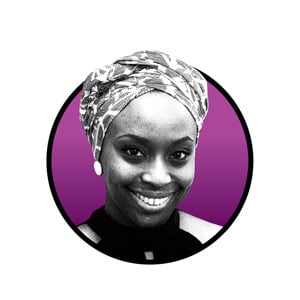
|
NoViolet Bulawayo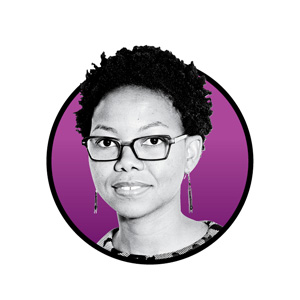
|
Mohsin Hamid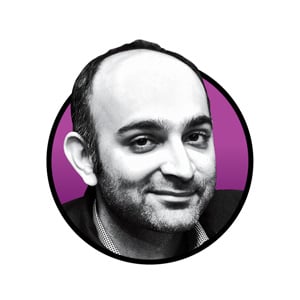
|
Zaha Hadid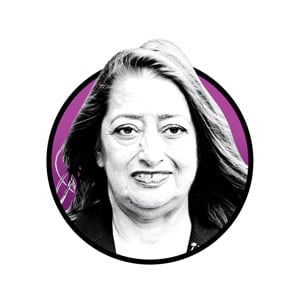
|
Jia Zhangke
|
Lynette Yiadom-Boakye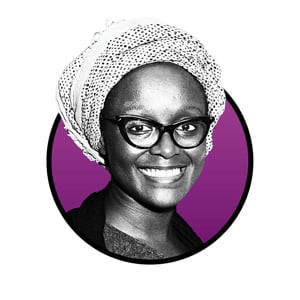
|
Tamara Chalabi and Jonathan Watkins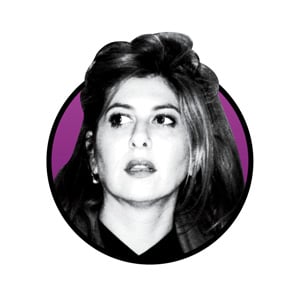
|
Tamara Chalabi and Jonathan Watkins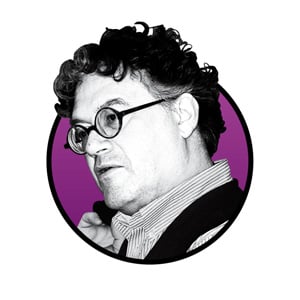
|
Jeff Bezos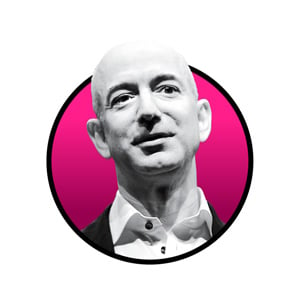
|
Wang Jianlin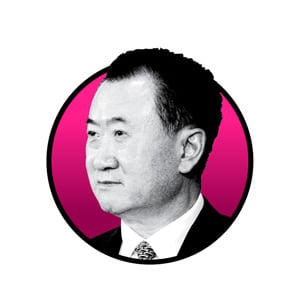
|
Noura Al Kaabi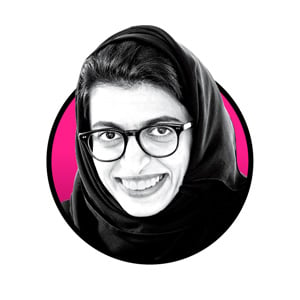
|
Saad Mohseni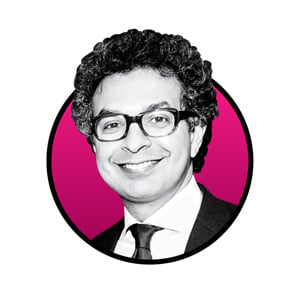
|
Mark Zuckerberg
|
Wang Gongquan
|
Babak Nivi and Naval Ravikant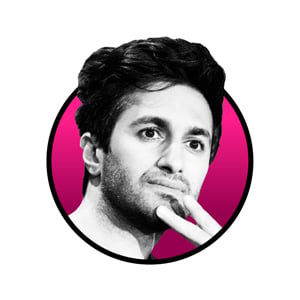
|
Babak Nivi and Naval Ravikant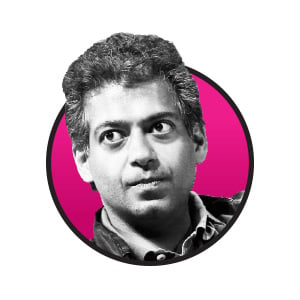
|
Stephen Schwarzman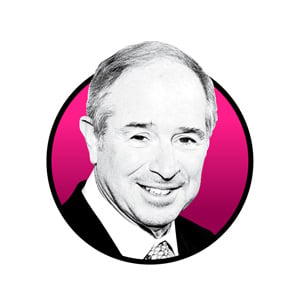
|

|
Welcome to our fifth annual special issue featuring FP's 100 Leading Global Thinkers.
Each autumn, Foreign Policy's editors start compiling this remarkable list of people who, over the past year, have made a measurable difference in politics, business, technology, the arts, the sciences, and more. To get the ball rolling, we reach out to wonks, writers, experts, and policymakers on six continents for nominees. We look at the year's biggest stories and scour the weird and arcane from obscure journals. Then, armed with thousands of names, we sit down to hash out the list.
Admittedly, not every one of our Global Thinkers is an angel. There are a few we'd prefer were a little less successful, a few whose goals and motivations are mixed at best, and plenty who, though well-intentioned, may not achieve what they set out to. But the vast majority are not only accomplished—they are affirming. They are doing nothing less than bringing peace, protecting the planet, and pushing the boundaries of the possible. Their achievements are the reward of talent and dedication, and we all benefit.
It has been a big year—full of amazing stories, stunning revelations, and groundbreaking ideas. Enjoy our Leading Global Thinkers issue, and be sure to let us know what you think.
|
This year, leaks of classified U.S. government documents rewrote our understanding not only of the American intelligence apparatus, but of the possibilities and pitfalls of the Internet writ large. The statesmen, hackers, and activists in this category of Global Thinkers are working on the bleeding edge of the digital revolution, where a battle is being fought over who will control the defining tool of the 21st century. They represent those seeking to harness the web in the name of national security, those working to bring it under the letter of the law, and those hoping to liberate it in the name of human freedom. |
|||
|
High office—whether elected, appointed, or simply taken—comes with power. But that is not a sufficient precondition for success. Among the world's hundreds of regents, presidents, chairmen, ministers, and secretaries, only a few really stand out for the risks they have taken and the changes they have made. Their impact is not always uniformly positive and sometimes their gambits are not rewarded, but their influence cannot be denied. In this category, we acknowledge leaders who have shown the courage to lay their reputations on the line, the cunning to seize opportunities, or the wisdom to recognize that the worst enemy of the political establishment is often inertia. |
|||
|
Inertia is as powerful a force in society and politics as it is in physics, and effecting change can be demanding and discouraging. But that hasn't stopped these Global Thinkers, who have found innovative ways to shake up the status quo. Of course, challenging the establishment does not automatically put one on the side of angels—the entrants in this category have earned inclusion for specific efforts, not their overall worldviews. Most, however, are broadly pushing the powers that be toward justice. They have sought to revive decrepit institutions, protect the rights of ordinary citizens from predatory governments, and expose the laziness that often supports conventional wisdom. Their efforts have made them forces to be reckoned with. |
|||
|
What does humanity's future hold? In this era of climate change and booming populations, it's an all-too-serious question—one the Global Thinkers in this category have each addressed. They have crunched the numbers to gauge just how close to environmental catastrophe we are. They have identified ways to slow the damage we are inflicting on both our surroundings and ourselves. They have restored wastelands to their original beauty. They are helping humanity become a better steward of the planet and, in the process, ensuring that our future will be long and fruitful. |
|||
|
The modern world changes quickly in no small part because technology keeps bringing us new ways to do more, do it better, and do it faster. That is not always a good thing: Far from ushering in the utopia so often promised by Silicon Valley boosterism, 2013 brought us all too many reminders that, in the wrong hands, technology has a dark side. But the Global Thinkers in this category have shown us the power, goodness, and sheer amazement that innovation can bring. From efforts to explore the vastness of the solar system to machines that coax intelligence from the tiniest of particles, their work has given even the world-weary that most precious of gifts: wonderment. |
|||
|
From corruption to sexual violence, homophobia to crimes against humanity, the Global Thinkers in this category have tackled some of the world's most pressing and intransigent problems. They have used speeches, protests, lawsuits, and more to thrust their ideas into the public spotlight and demand change. Some have defended international law or challenged foreign powers; others have battled wrongdoing in their own countries. Some have succeeded in changing policy and been feted for their accomplishments; others have been stigmatized or even imprisoned. But all of them have pushed boundaries in the name of progress. |
|||
|
In an age when "search" is a browser function that can call up more information in an instant than an ancient scholar could accumulate in a lifetime, it is easy to mistake data for knowledge. The Global Thinkers in this category put that hubris in perspective, showing us novel ways of understanding the world and our place in it. They have traveled to jungles and deserts, near-Earth orbit and the Martian surface. With reporting that moved us, photography that shook our view of conflict, and research that exposed the very fabric of physical existence, they have helped us understand what it means to be human. |
|||
|
More than 1 billion people live in poverty—that is, on less than $1.25 per day. The death toll in Syria's civil war has risen to over 100,000. About 3.3 billion people are at risk for contracting malaria, and over 16 million people with HIV cannot access the drugs that combat the virus. In short, much is broken in the world. From developing a global anti-poverty agenda to ensuring access to medicines to explaining how nonviolence really can foster change, the Global Thinkers in this category—doctors, lawyers, researchers, entrepreneurs—are working to heal the wounds that afflict so many. |
|||
|
There is a place for artistic creation purely in the name of beauty: Ars gratia artis, the saying goes—art for the sake of art. But as the Global Thinkers in this category show, art also has the power to make a striking political statement or reflect, even define, a moment in history. These artists have used brush strokes, words, images, and more to shock the senses and, in some cases, the sensibilities. They have defied the rules of artistic forms, as well as social norms of gender, race, and class. From China to Saudi Arabia, Britain to Azerbaijan, they have shown that art doesn't just matter—it is vital. |
|||
|
What should one do with several million dollars? What about several billion? The Global Thinkers in this category have many different answers: assemble a media empire, build a new Hollywood an ocean away from California, take on repressive regimes, help tech start-ups get on their feet, bring the Internet to every corner of the globe. Together, they show that the benefit of great wealth and status is the ability to define one's mission and reinvent it again and again. |
|||
